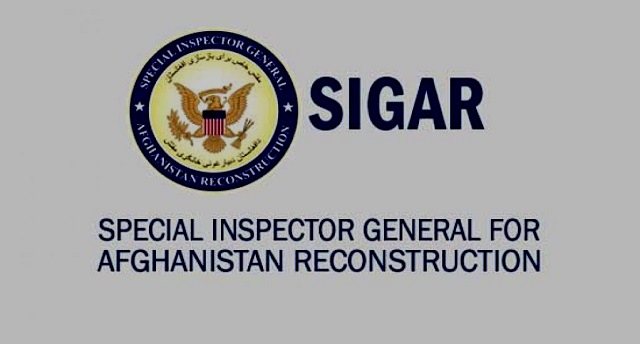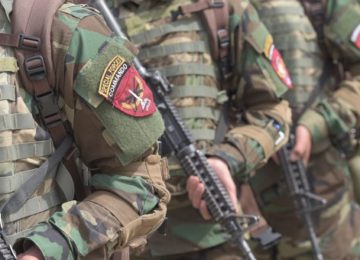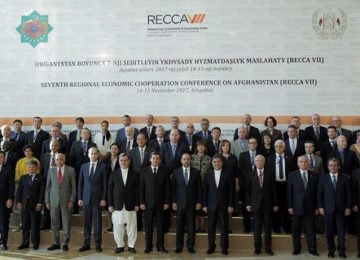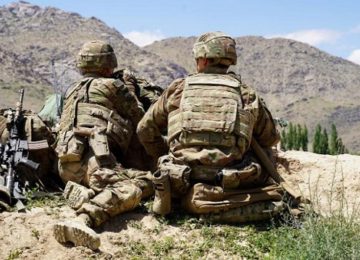April 11, 2019
John F Sopko, the Special Inspector General for Afghanistan Reconstruction (SIGAR), has warned that even if a broadly popular peace deal is reached in Afghanistan, there are still major risks present that threaten the viability of Afghanistan as a nation state in the long run. Sopko shared these views in a Statement for the Record for the Committee on Appropriations, Subcommittee on the Department of State, Foreign Operations, and Related Programs U.S. Senate. His full can statement be found here, whereas his conclusion of current and future scenarios in Afghanistan can be found below:
Conclusion:
No one disputes that after 40 years of war, peace would be a blessing for the long-suffering people of Afghanistan. And no one knows at this point what the specific terms of an acceptable peace deal would look like. But as the topical sections of SIGAR’s 2019 High Risk List indicate, even a broadly popular agreement might present risks to Afghanistan’s reconstruction and to its long-term viability as a nation-state.
If large-scale withdrawals of U.S. operational and oversight personnel occur, the stewardship of U.S. taxpayer funds and achievement of reconstruction goals could suffer. If widespread corruption is not adequately addressed, the effectiveness of programs, the perceived legitimacy of the Afghan state, and the willingness of donors to continue their assistance could all suffer. If economic development stalls, accommodating new entrants to the labor force, including returning refugees and former government and insurgent fighters, could prove a daunting task.
If women’s rights and progress are not respected, and if the rule of law is not upheld, equitable and effective governance could fail. And if new security arrangements do not provide for fair and effective policing while standing ready to quash any resurgence of terrorism, then all other aspects of reconstruction could ultimately fail.
As discussions progress, members of the U.S. Congress and of executive agencies should consider the “day after” a peace agreement and be on the alert for unexamined assumptions, overlooked details, unintended consequences, concealed agendas, and other issues that could turn a wished-for peace deal into another sort of conflict. An opportunity for peace exists. How it is embraced, shaped, and nurtured will determine if Afghanistan is to avoid further decades of conflict that might result in it once again becoming a danger to the international community.
As Congress considers ways to reduce or avert these dangers, we at SIGAR stand ready to assist in any way we can. Thank you for the opportunity to submit a written statement for the hearing record. SIGAR shares your commitment to protecting U.S. funds from waste, fraud, and abuse and is committed to assisting Congress, U.S. agencies, and other stakeholders by continuing to provide aggressive and independent oversight of the reconstruction effort, and by offering recommendations and lessons based on that work.
Source: CRSS Blog








